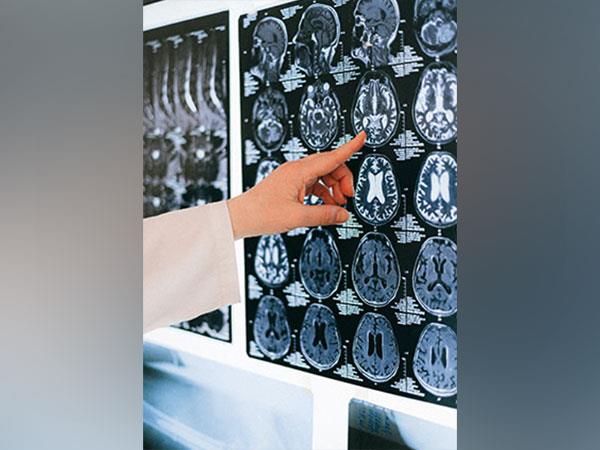|
|

|
|

| Article / Health / Mental Health | Post Comments |
Study reveals how brains turn into smarter disease fighters |
|
| By : Webindia123 Editor , , 31.1.2023 Mail Now | |
The possibility of treating Alzheimer''s and other neurodegenerative illnesses by introducing wholesome, fresh immune cells into the brain has grown significantly. Researchers from the Universities of California, Irvine and Pennsylvania have safely overcome the brain''s resistance to them, overcoming a significant obstacle. Their discovery of a class of brain cells known as microglia opens up a world of therapeutic and preventive options for neurodegenerative diseases. In the Journal of Experimental Medicine, the team''s paper is published. When microglia are healthy, they serve as the central nervous system''s resident front-line disease warriors. "However, there is overwhelming evidence that they can become dysfunctional in many neurological conditions," said Mathew Blurton-Jones, UCI professor of neurobiology & behaviour and study co-lead author, adding, "Until recently, scientists have mainly been looking at the mechanisms that drive microglial dysfunction and trying to find drugs to change their activity. But with this study, we''ve found a way to harness microglia themselves to treat those diseases potentially." Frederick ''Chris'' Bennett, assistant professor of psychiatry at Penn and co-lead author, added: "There is an obstacle because once our own microglia develop in the location where they are supposed to be in our brains, they don''t give up that space. They block the ability to deliver new cells that would take their place. If you want to insert donor microglia, you have to deplete the host microglia to open up the room." Bennett and his laboratory partnered with Blurton-Jones and his lab on the project. Microglia depend on signalling by a protein on their surface called CSF1R for their survival. The FDA-approved cancer drug pexidartinib has been found to block that signalling, killing them. This process would seem to offer a way to clear space in the brain to insert healthy donor microglia. However, there is a dilemma - unless the pexidartinib is stopped before the donor microglia are added, it will eliminate them, too. But once the drug is terminated, the host microglia regenerate too fast to effectively put in the donor cells. This quandary has challenged efforts to treat people with certain rare and severe neurologic conditions. One is Krabbe disease, in which the body''s cells can''t digest certain fats that are highly abundant in the brain. Currently, clinicians use bone marrow transplantation and chemotherapy to try to introduce new immune cells similar to microglia into the brain. But this approach can be toxic and must be carried out before Krabbe symptoms manifest. "Our team believed that if we could overcome the brain''s resistance to accepting new microglia, we could successfully transplant them into patients using a safer, more effective process in order to target a great number of diseases," said co-first author Sonia Lombroso, a Penn PhD student and member of the Bennett Lab, adding, "We decided to investigate whether we could make the donor microglia resistant to the drug that eliminates their host counterparts." The researchers used CRISPR gene-editing technology to create one amino acid mutation, known as G795A, which they introduced into donor microglia produced from human stem cells or a mouse microglial cell line. Then they injected the donor microglia into humanized rodent models while administering pexidartinib, with exciting results. "We discovered that this one small mutation caused the donor microglia to resist the drug and thrive, while the host microglia continued to die off," said co-first author Jean-Paul Chadarevian, a UCI PhD student who is a member of the Blurton-Jones Lab, adding, "This finding could lead to many options for developing new microglial-based treatments. Pexidartinib is already approved for clinical use and appears to be relatively well tolerated by patients." Approaches could range from fighting disease by replacing dysfunctional microglia with healthy ones to designing microglia that can recognize imminent threats and strike against them with therapeutic proteins before they cause harm. The UCI-Penn team believes treatments based on this kind of microglial method could be developed within a decade. Their subsequent investigations include studying in rodent models how to use the approach to attack the brain plaques associated with Alzheimer''s and to counter Krabbe and other similar diseases. (ANI) |
|